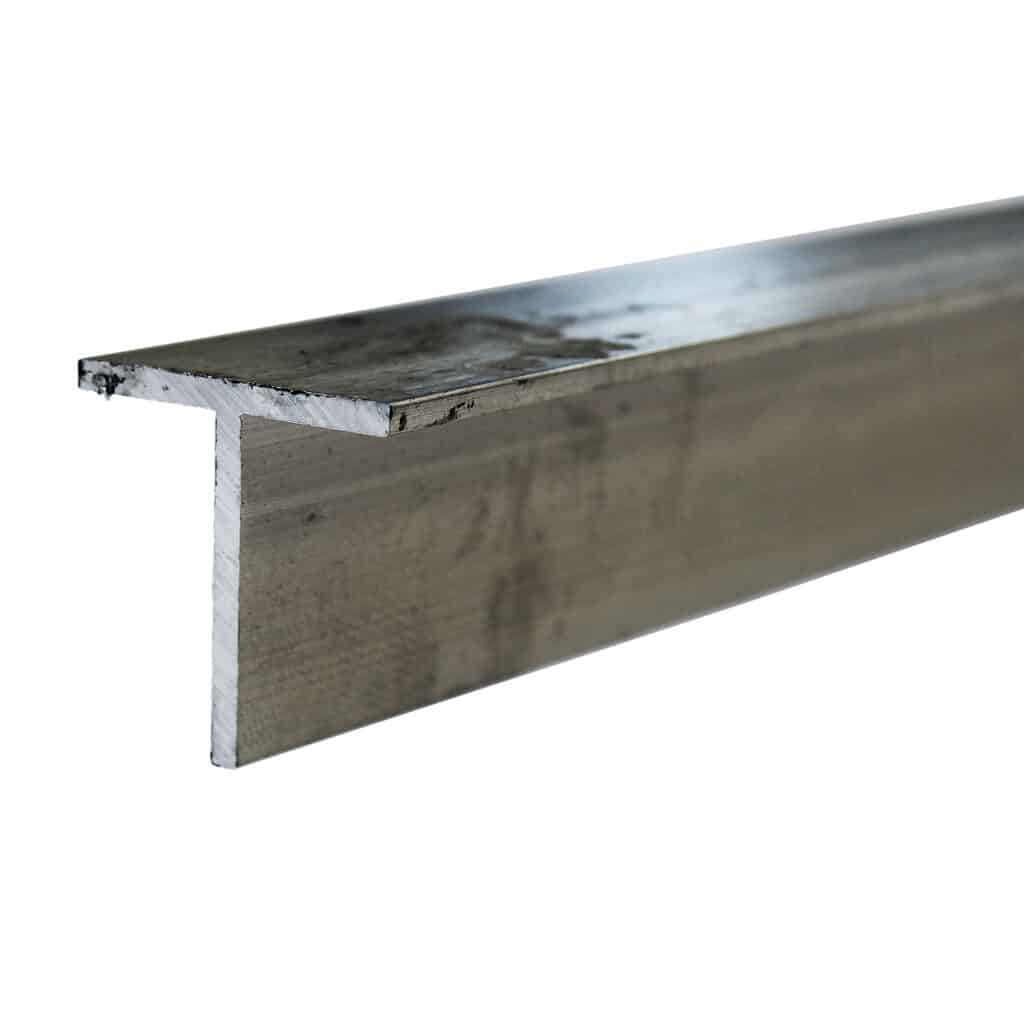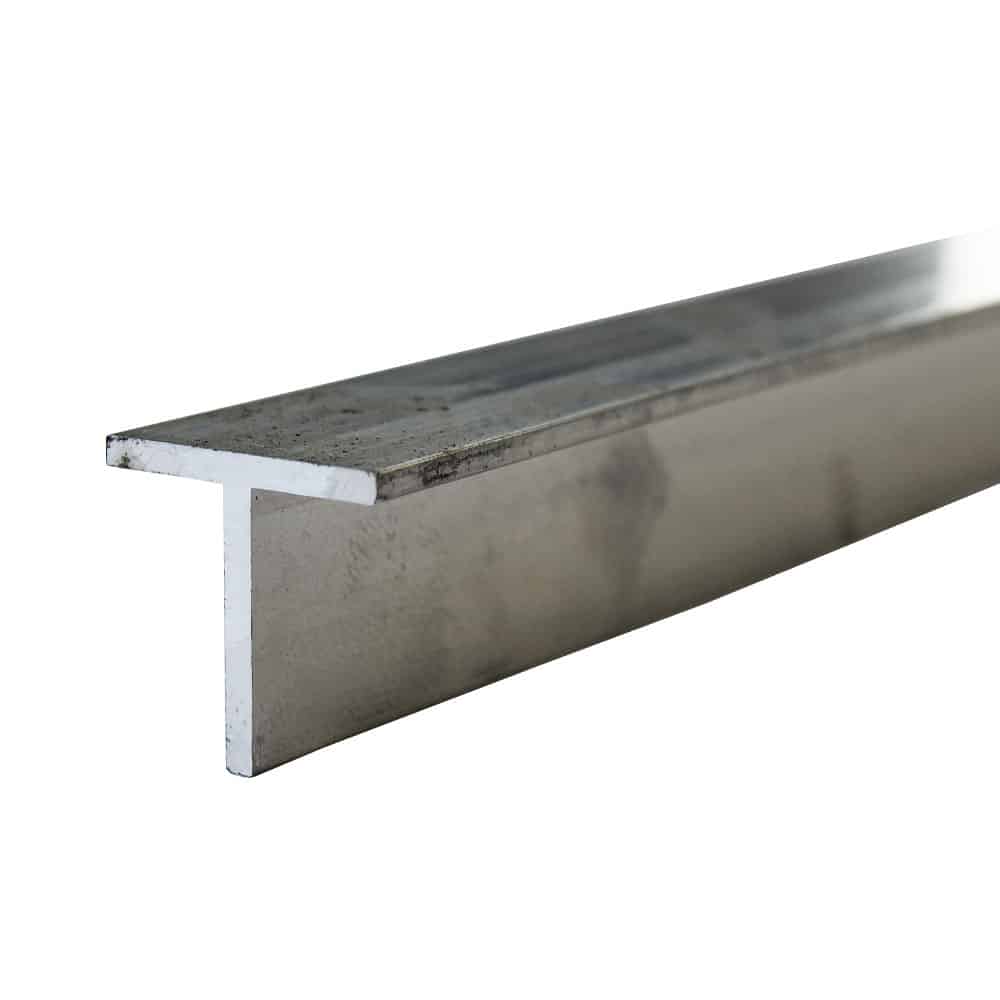- Massive Range
- FREE UK Delivery
- Rapid Dispatch
- Massive Range
- FREE UK Delivery
- Rapid Dispatch
- Massive Range
- FREE UK Delivery
- Rapid Dispatch
Menu
£6.46 – £11.11 inc VAT

Hey there, metal enthusiasts! Have you been on the hunt for a steel pipe that ticks all the boxes? Look no further than Speciality Metals’ 12.7 x 1.5mm Mild Steel Metal Pipe ERW Round Tube. With various lengths available, this versatile pipe is perfect for a wide range of applications. Not only is it durable and cost-effective, but with excellent welding, forming, bending and machining abilities, it’s also a breeze to work with. Plus, as a recyclable material, you can feel good about reducing your environmental impact. Don’t settle for less, choose the best: Speciality Metals’ Mild Steel Metal Pipe.
12.7 x 1.5mm mild steel metal pipe tube is used in many structural and engineering applications. The size refers to the outside diameter and then the thickness of the wall.
ERW means Electric Resistance Welded. ERW tube is made by welding a steel strip to form a tube shape. The tube is continuously seam welded which means that there is a neat weld running along the inside of the tube.
Mild steel round tube is widely used in a variety of applications and also comes in both square and rectangular options.
If you’re looking for a reliable and versatile metal pipe option, the 12.7 x 1.5mm Mild Steel ERW Round Tube by Speciality Metals is an excellent choice. With its excellent welding, forming, bending and machining abilities, this metal pipe can easily be customised to meet your unique project needs. Additionally, this durable and cost-effective option comes in various lengths, making it a great choice for a wide range of applications. Plus, with its recyclable properties, you can feel good about using this metal pipe while also reducing your environmental impact. Overall, this is a great option for anyone looking for a dependable and multifunctional metal pipe.
Speciality Metals is known to be the United Kingdom’s best up-and-coming small-quantity metal company.
Furthermore we stock a vast range of round tube options that compliment our mesh range perfectly.
Over 50,000 customers of Specialty Metals are provided with fast, friendly customer service every year. We’re the place to try when you need metal of any shape and size. We’re based in Warrington, UK. We pride ourselves on our rapid turnaround and a large range of options.
Key information:
We also carry a wide range of mild steel sheet metal, angle iron and flat bar.
Mild steel is a quality strong metal. However it is not rust proof and may do so over time. Please use galvanised or stainless steel if you need resistance to rust. If this metal tube does show signs of rust then simply remove this with WD40 or fine sanding.
The grade of plain steel that we have available has mechanical properties that provide excellent machinability, formability and weldability.
Mild steel can be welded and it’s also suitable for painting. Mild steel is a magnetic grade of metal. Magnets will stick to this sheet but it is not itself a magnet.
Yes, you can weld mild steel round tubes. Mild steel, with its low carbon content, is one of the most weldable metals. Here are some considerations and steps to keep in mind when welding these tubes:
Preparation: Ensure that the surfaces to be welded are clean and free from any contaminants such as paint, rust or grease. Properly cleaned and prepared surfaces will result in a stronger and more reliable weld.
Choice of Welding Process: Several welding processes can be used with mild steel tubes:
Filler Material: Choose the appropriate filler material based on the specific grade of mild steel you’re welding. For many general applications, ER70S-6 is a common choice for MIG welding, while E7018 is popular for stick welding.
Welding Technique: Pay attention to travel speed, angle and workpiece positioning. A steady hand and consistent motion ensure a smooth and solid weld bead. It’s also important to ensure proper penetration, especially when welding tubes that will be subject to load or pressure.
Safety: Always prioritise safety. Wear appropriate personal protective equipment, including a welding helmet, gloves and protective clothing. Ensure adequate ventilation, especially if welding indoors, to avoid inhaling harmful fumes.
Post-Welding: Once the weld is complete, let it cool naturally. Inspect the weld for any signs of imperfections like porosity, inclusions or lack of penetration. Depending on the application, you might need to perform post-weld heat treatment to relieve stress or enhance the weld’s properties.
Finishing: Clean the welded area of any slag (for stick welding) or spatter. If the appearance is crucial, grinding or other finishing methods can be used to improve the weld’s look.
In summary, while mild steel round tubes are indeed weldable, it’s crucial to use the correct welding process, filler material and technique to achieve strong and durable welds. If unsure, consider seeking guidance from a welding professional or expert.
Preventing corrosion on mild steel tubes is vital for ensuring longevity and maintaining their functional and aesthetic quality. Here’s how you can protect mild steel tubes from corrosion:
Painting: One of the most common protective measures. Start by cleaning the tube to remove any grease, dirt or existing rust. Apply a primer, which will aid in the adhesion of the paint and provide an added layer of protection. Once dry, apply one or more coats of a suitable, rust-preventive paint.
Galvanising: This process coats the steel tube with a layer of zinc. When the zinc layer reacts with oxygen and moisture, it forms zinc oxide, which acts as a protective barrier against corrosion. Hot-dip galvanising is a common method and provides long-lasting protection.
Powder Coating: A method where a powdered resin is electrostatically applied to the tube’s surface and then heated, causing the powder to melt and form a smooth, protective layer. Powder coating is both decorative and functional.
Oiling: A thin layer of oil can act as a barrier to moisture. This method is typically temporary and is useful for storage or transportation. However, it may not be suitable for applications where cleanliness is crucial.
Protective Coatings: Apart from paint, there are specialised rust-inhibiting coatings and sprays available that can be applied to steel surfaces for added protection.
Varnish or Lacquer: Applying clear coatings like varnish or lacquer can prevent moisture from coming into contact with the steel, while also maintaining the natural appearance of the metal.
Environmental Control: Limiting the tube’s exposure to aggressive environments (such as saline atmospheres) can help. Additionally, ensuring proper storage in a dry environment, using dehumidifiers, or ensuring good ventilation can help reduce the risk of rust.
Stainless Steel Cladding: For specific applications, you can clad mild steel with a thin layer of stainless steel, which is more resistant to corrosion.
Cathodic Protection: This technique is more commonly used for underground pipelines. It involves using a sacrificial metal (an anode) which corrodes instead of the steel tube.
Regular Maintenance: Periodically inspect the tubes for signs of rust or damage. If corrosion begins to form, address it immediately by cleaning the area and applying a protective coating.
Use of Inhibitors: There are chemical compounds available that, when applied to the steel’s surface, reduce the rate of corrosion.
Plating: Processes like nickel or chrome plating deposit a protective layer of another metal on the steel’s surface, offering additional defense against corrosion.
Remember, while these methods can significantly reduce the risk of corrosion, mild steel’s nature means it is susceptible to rust over time, especially in challenging environments. Regular maintenance and inspection are essential for ensuring the steel’s prolonged service life.
Mild Steel: Mild steel, commonly known as carbon steel, is characterised by its good tensile and compressive strength, making it a prevalent choice in construction and manufacturing sectors. Its strength is influenced by its carbon content, which typically lies between 0.05% and 0.3%. In terms of ductility, mild steel is notable for its ability to be bent or shaped without breaking. However, it has a density greater than aluminum, resulting in more massive structures when using equivalent volumes. One of its significant drawbacks is its vulnerability to corrosion; when exposed to moisture and without any protective treatments, mild steel tends to rust.
Stainless Steel: Stainless steel generally boasts a strength superior to that of mild steel. This increased strength is attributed to its alloying elements, which often include chromium, nickel and sometimes molybdenum. The various grades of stainless steel each possess distinct strength and ductility properties. While some grades are highly ductile, others are harder and less malleable. In terms of density, stainless steel surpasses aluminum but is slightly less dense than mild steel. One of the defining features of stainless steel is its resistance to corrosion. The chromium content in stainless steel facilitates the formation of a passive layer that combats corrosion, making the material exceptionally valuable in humid or corrosive environments.
Aluminum: In a direct comparison of strength, aluminum is generally weaker than both mild and stainless steel. However, it’s worth noting that the strength of aluminum can be markedly enhanced through alloying processes with elements like copper, magnesium or zinc, as well as through specific heat treatment procedures. Aluminum’s ductility is one of its standout properties, making it a favored choice in industries like aviation, where the ability to shape material and its lightweight nature are paramount. In terms of density, aluminum’s primary advantage shines through; it has roughly one-third the density of steel, offering significant weight benefits. Aluminum also excels in corrosion resistance, owing to its natural protective oxide layer formation, giving it an edge over mild steel in this regard.
In Conclusion: While mild steel provides an optimal blend of strength, ductility and cost-effectiveness suitable for a wide range of applications, stainless steel emerges as a champion in both strength and resistance to corrosion. Aluminum, contrastingly, offers unparalleled weight savings coupled with commendable corrosion resistance but generally falls short of steel’s strength. When selecting between these materials, it’s imperative to weigh the application’s specific needs, encompassing factors like strength, weight, resistance to corrosion and overall cost.
Check out our blog discussing ‘What is Steel Box Section?‘. It will prove a useful read to help you to make an informed decision on which material would work best for you.
We are also very proud of our ever expanding YouTube channel.
Our goal for our blogs and help guides is to answer as many questions as possible to help to explain the possibilities of mesh to our customers. Contact us today if you have any questions at all. We are always really keen to help in any way that we can.
We are also very proud of our highly popular eBay store, check us out there too.
£16.49 – £44.99 inc VAT
£15.49 – £39.99 inc VAT

£16.49 – £44.99 inc VAT

£15.49 – £39.99 inc VAT
Speciality Metals
Unit 1, Farrell Street, Warrington,
Cheshire, WA1 2WW, United Kingdom
Quick Links
Payment Options
